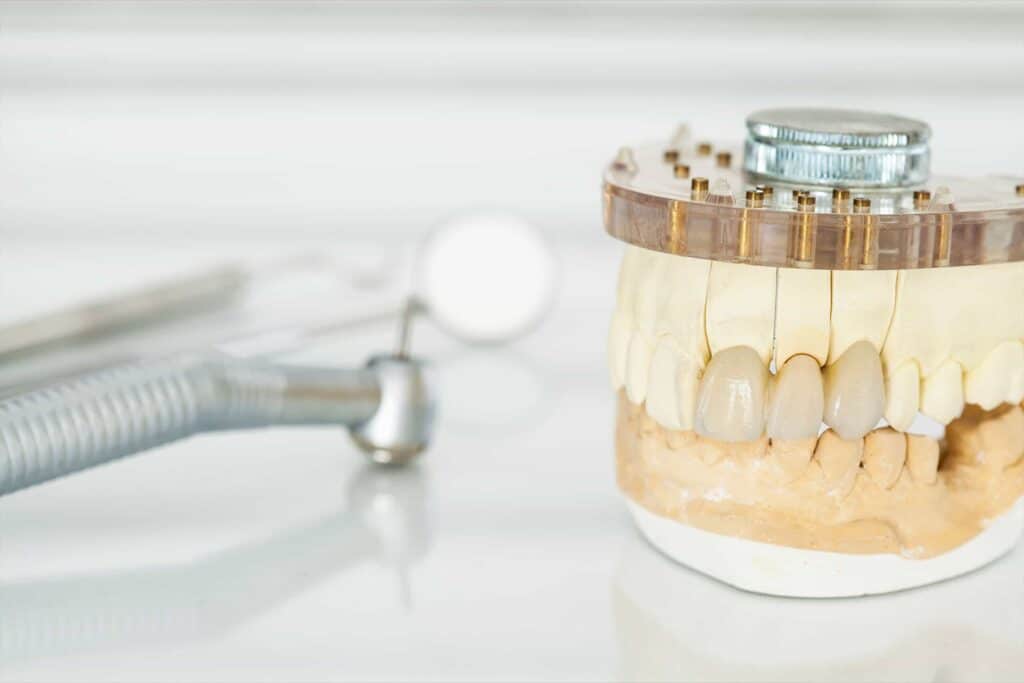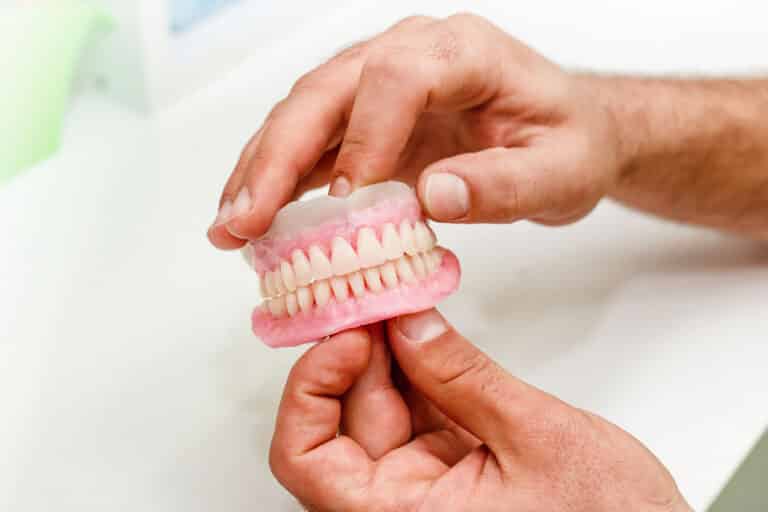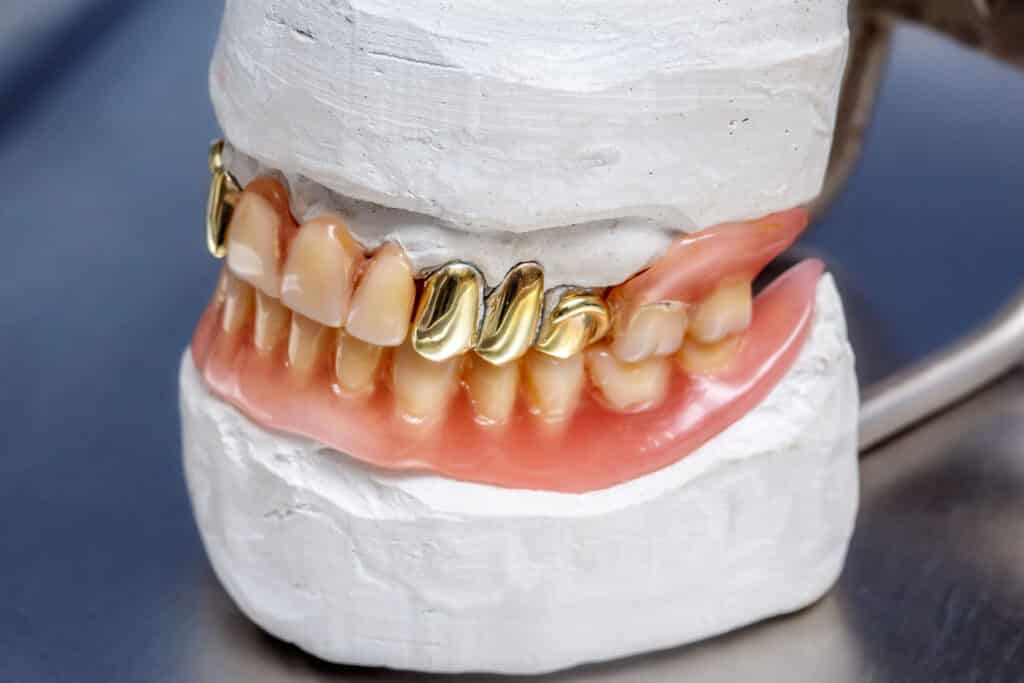Why Do I Break Teeth?
Although teeth are some of the strongest parts of our body, like every body part, they are susceptible to wear and tear. Discounting acute trauma, fractured teeth are generally due to a few factors. Over the millions of cycles of chewing, we subject them to constant stress and pressure. On top of that, some teeth are already structurally weaker when they have giant fillings.
Further stress is added for those who also clench, grind, or use their teeth for off-label purposes (e.g. cutting fishing line or opening beer bottles). This combined usage over time is what causes teeth to break even when eating normal food. It is not necessarily that last bite into bread that broke it, but the hundreds of thousands of cycles of chewing and grinding that weakened the integrity of the tooth until that last bite became the straw that broke the camel’s back.
Why Did My Crown Fall Off?
There are a few reasons why a crown falls off. One is the cement that’s holding the crown fails, resulting in the crown becoming loose and dislodging. Luckily when this happens, most of the time the crown can be simply recemented once cleaned. Another reason is decay under the crown. If there is a significant amount of decay under the crown, it erodes the retention enough to where the crown falls off. There has to be a significant amount of decay for this to be the case. Lastly something under the crown can fracture, also compromising the retention. This is more common when there are small amounts of natural tooth under the crown. When the latter two reasons occur, typically the dislodged crown cannot be reused as the foundation needs to be repaired.
What’s The Best Way To Replace A Missing Tooth?
Since every person and their situation is different, there is no ‘best’ way to replace a missing tooth. However, amongst the three ways (implant, bridge, or denture), an implant is the best way to replicate the form and function of missing teeth. For all intents and purposes, it’s like the tooth was never extracted. However it does require surgery, sometimes several, and takes the longest to accomplish. In exchange, it is the most functional and has the best esthetics amongst the other options. A bridge is a great option for those who either cannot or do not want surgery.
While it is more difficult to clean, it functions like a normal tooth. It is quick to complete, often only taking 2-3 weeks from beginning to end. Lastly, a denture is the best way to replace multiple missing teeth. Someone missing 6 teeth can have them all replaced with a single prosthesis, giving it the best bang for the buck. However the tradeoff is the reduced quality of life and functionality. While better than nothing, dentures are not able to mimic the esthetics or functionality of the other two options as well. Additionally, having to constantly take them in and out to clean food debris is a challenge for some. There are advantages and disadvantages to each option, so speak to your dentist to find out which one is best for you.
How Long Do Implants Take To Heal?
After the implant surgery takes place, it generally takes around 3 months for healing to take place. There may be a few times, when the quality of the bone surrounding the implant isn’t ideal, when it may need to heal for another month or two. However for most people, at the 3 month mark is when the implant can move onto the next steps of gum contouring or impressions to start making the dental implant crown.





